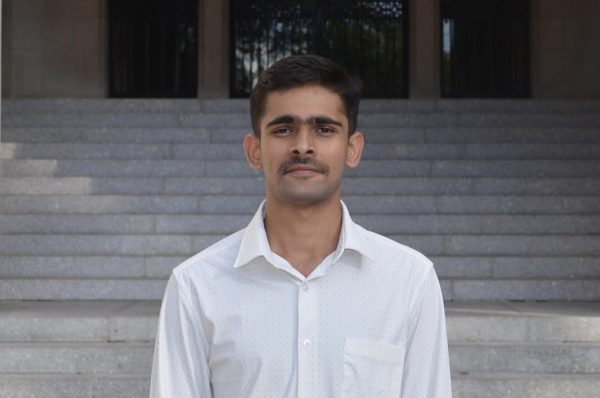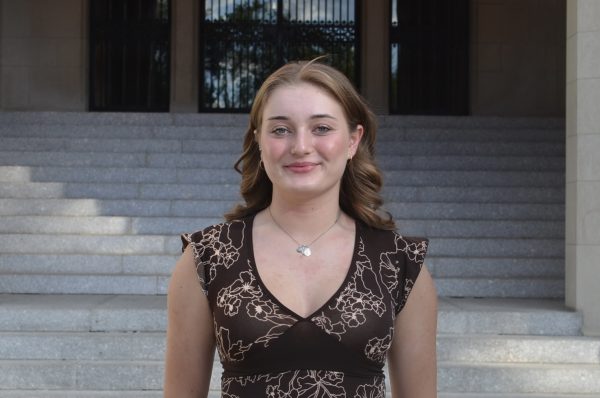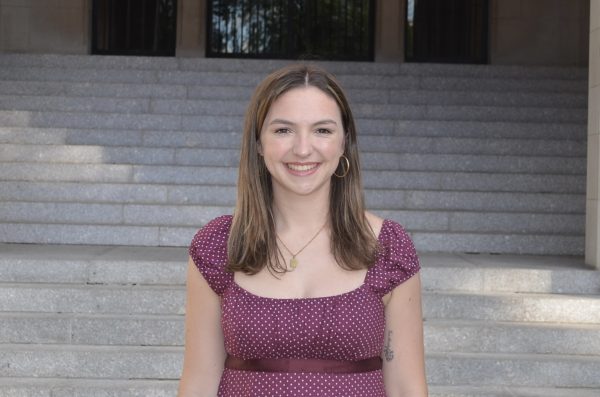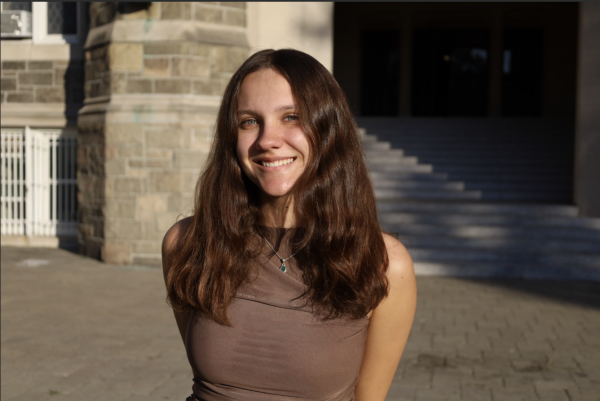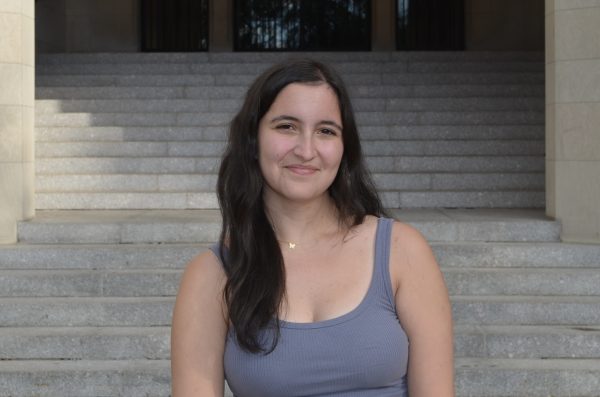Collective Individualism: An American Paradox
Right before I sat down to write this article, I received an email update from Fordham’s Office of the President in reference to the past two weeks’ pause of in-person events. This email detailed some new COVID-19 guidelines for college campuses, as well as the current infection rate of the Rose Hill campus. The Rose Hill campus has had at least 230 documented cases of COVID-19 in the two weeks during the shutdown and, according to this email, the in-person pause was lifted on March 1.
Despite what seems to be some shady number-fudging, this article isn’t about Fordham’s decision to resume in-person activities. The pandemic has had an enormous financial strain on private schools with relatively smaller federal endowments. Understandably, Fordham is trying to reopen in-person events to salvage its remaining revenue streams. Rather, this article is about the Fordham student population as a microcosm of American culture and why our collective bloated sense of individualism has, as The Atlantic put it, “brought the world’s most powerful country to its knees.”
As I sit here at my desk, there are a few uniquely American moments from the past year that come to mind. In mid-March, desperately confused people decided to hoard stacks of toilet paper, signifying a basic misunderstanding of economics. Throughout the summer, my Instagram feed was filled with people who had decided to ignore calls to stay at home and go through with elaborate vacation plans, staying in resorts and crowding popular tourist attractions. Since the beginning of the semester, regardless of the 500,000-plus death toll, the bars outside campus are packed. My anecdotal findings reveal that two out of five people I pass throughout my day have their masks hanging off their chins, a long-standing habit of COVID-19 times.
What is it about this behavior that is so American, you ask? What separates us from the rest of the world? I think it’s that famous rugged individualism. There’s probably also a fair mix of self-importance, too. On the most fundamental level, we look out for ourselves. Autonomy and freedom are principal facets of a country hyped up on its own… well, hype. If you have to wear a mask to protect other people from yourself, why wear it? If you have enough bottled water and toiletries, why share with people who didn’t prepare like you did?
This extreme individualism trickles into the more superficial aspects of society. I have no idea what it is that makes us feel like we have to go on vacation. I can’t recall the number of times I spoke to family and friends this year and heard, “Well, we’ve been staying safe… but of course, despite all this COVID-19 business, we needed to take our usual summer vacation.” I can assure you, 10 times out of 10, these coronavirus vacationers didn’t need to take any kind of vacation.
I think phenomena like this can be seen in a society where tradition trumps all: whether it be your annual summer vacation, your Super Bowl parties or your huge holiday dinners, there is no room for adaptation that comes with discomfort.
However, beneath this unhealthy level of self-importance and traditionalism, there flows an undercurrent of division, easier to see now than it was in the past. The coronavirus emerged during a particularly polarized moment in U.S. political history. And, having become a politicized topic itself, COVID-19 doesn’t scare some people like it should.
How is it that a country whose people are so intensely proud to be American — and sometimes cross the fine line between extreme patriotism and nationalism — can lose every semblance of collectivism and community when it really matters? It is intensely frustrating to watch. As a population, we are so intent on getting back to normal that we act as if things are normal to make ourselves momentarily feel better. In doing so, we inadvertently bump up our country’s death count. We pride ourselves on how ruggedly adaptable we are until it becomes inconvenient, uncomfortable or boring.
Here is the most difficult realization: I write this article from my triple-person dorm, as I live, work and socialize on campus. I walk around a neighborhood whose COVID-19 positivity rate has increased since my peers and I returned from winter break. I go to my hybrid classes in-person when I can, and I use the gym every now and then.
This pandemic has shined a light on how hypocritical our shared American sentiments, ideologies and priorities are, and it has also illuminated our passive, tinged-with-defeat knowledge that we should be better. From me writing this article between trips to the cafeteria to New York City’s very own SNL interpretations of COVID-19 parties, it is clear that we act to the point of self-parody.
This realization is aggravating as it is disappointing as it is, in a way, motivating. Our American community has the potential to care for each other like we do with football, Thanksgiving, charity and dining out. If only we could capitalize on that.
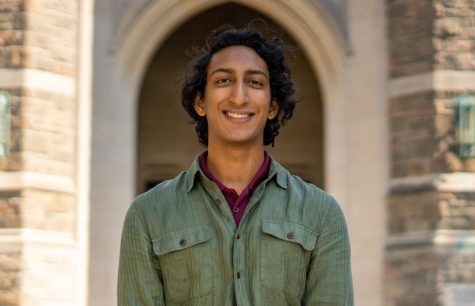
Hanif Amanullah is a junior from Austin, Tex., majoring in international studies, whose passion for news writing and multimedia led him to the Ram. Hanif...






































































































































































































